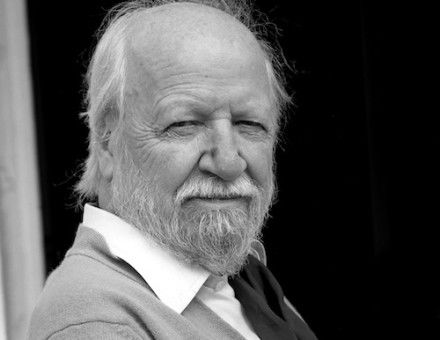Love, Death and Money in the Pays d'Oc
Emmanuel Le Roy Ladurie, translated by Alan Sheridan
In 1756, the Abbe Fabre, amiable, utterly cynical but brilliantly humorous parish priest of Celleneuve near Montpellier wrote, in his native Occitan, a novel – or, rather, by English standards a short story – called Jean I'ont pris. It is a graphic tale embracing three generations of marginal people, Rouergat immigrants who called themselves cobblers and matchmakers, though they lived largely and unashamedly on their wits. They suffer, like the hero's father, by dying in jail. Alternatively, they triumph like the hero himself by manipulating and tricking those of equal dishonesty who lived around them. Jean, the centre of the tale, makes in the end a solid fortune from an amalgam of his grandmother's ill-gotten gains, which he discovers in a chest as she lies awaiting burial, reinforced by obliging his father's ex business partner (sic) to part with an extra large dowry for his daughter, whom our hero intends to marry. As if this is not enough, he increases the sum by a calculated few days' marriage to a woman dying of every conceivable disease, since she disposes of a dowry provided by the man who has seduced her. The plan works.





